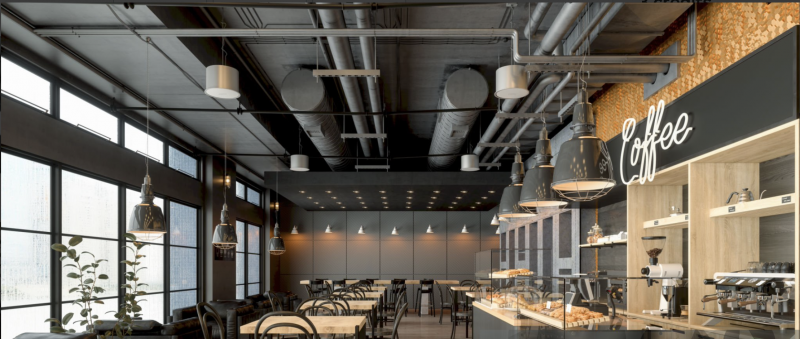Food Is More Than Just Sustenance

Food Is More Than Just Sustenance
Food is more than just sustenance. It is a universal language that transcends borders, cultures, and generations. From savoury delicacies to sweet indulgences, the world of food offers a tantalising array of flavours, aromas, and textures to delight our senses. The landscape of global cuisine is diverse. It includes everything from traditional dishes to modern culinary trends.
The cultural tapestry of cuisine: Food is deeply intertwined with culture, reflecting the traditions, history, and values of a community. Each region boasts its own culinary heritage, shaped by factors such as geography, climate, and available ingredients. From the spicy curries of India to the hearty stews of Ireland, every dish tells a story and offers a glimpse into the soul of its creators.
The science of taste: Behind every mouthwatering dish lies the fascinating science of taste. Our taste buds can detect five primary flavors: sweet, sour, salty, bitter, and umami. However, the complexity of flavour goes beyond these basic categories, influenced by factors such as texture, aroma, and temperature. The ingredients interact to create a symphony of flavours that dance on our palates.
Global gastronomic adventures: Embark on a culinary journey around the world as we explore the diverse flavours of global cuisine. From the vibrant street food markets of Thailand to the elegant bistros of Paris, every destination offers its own unique gastronomic adventures. There is no shortage of culinary delights to satisfy your wanderlust.
Sustainable dining: In an era of environmental awareness, sustainable dining has emerged as a growing trend in the culinary world. From farm-to-table restaurants to zero-waste kitchens, chefs and food enthusiasts are embracing eco-friendly practices that prioritise the health of the planet. The concept of sustainable dining highlights innovative initiatives and practices that are helping to nourish the planet while delighting diners with delicious, ethically sourced cuisine.
The rise of food tourism: Food tourism has become increasingly popular in recent years, with travellers seeking immersive culinary experiences that allow them to connect with local culture and cuisine. From food and wine festivals to culinary tours and cooking classes, there is no shortage of opportunities to indulge your taste buds while exploring new destinations. Food tourism showcases some of the world’s most renowned foodie destinations and offering tips for planning your own epicurean adventure.
From farm to fork: Cooking is an art form that allows chefs to express their creativity while showcasing the natural beauty of seasonal ingredients. From farm-fresh produce to locally sourced meats and seafood, the farm-to-fork movement celebrates the flavours of the earth in their purest form. The principles of farm-to-fork cooking include tips and techniques for creating delicious, wholesome meals that highlight the bounty of the season.
Trends and innovations: As we look to the future, the world of food is ripe with exciting trends and innovations that promise to revolutionise the way we eat. From plant-based proteins to lab-grown meat and 3D-printed food, the possibilities are endless. Some of the most exciting developments shaping the future of food include sustainable farming practices and cutting-edge culinary technologies that are redefining the way we nourish ourselves and our planet.
A culinary odyssey
Food is more than just sustenance. It is a source of joy, comfort, and connection that brings people together across cultures and continents. You can savour a home-cooked meal with loved ones or embark on a gastronomic adventure in a far-flung corner of the globe. Either way the world of food offers endless opportunities for exploration and discovery. So grab your fork and knife, and join us on a culinary odyssey that celebrates the rich tapestry of flavors that make up the diverse and delicious world of food.



